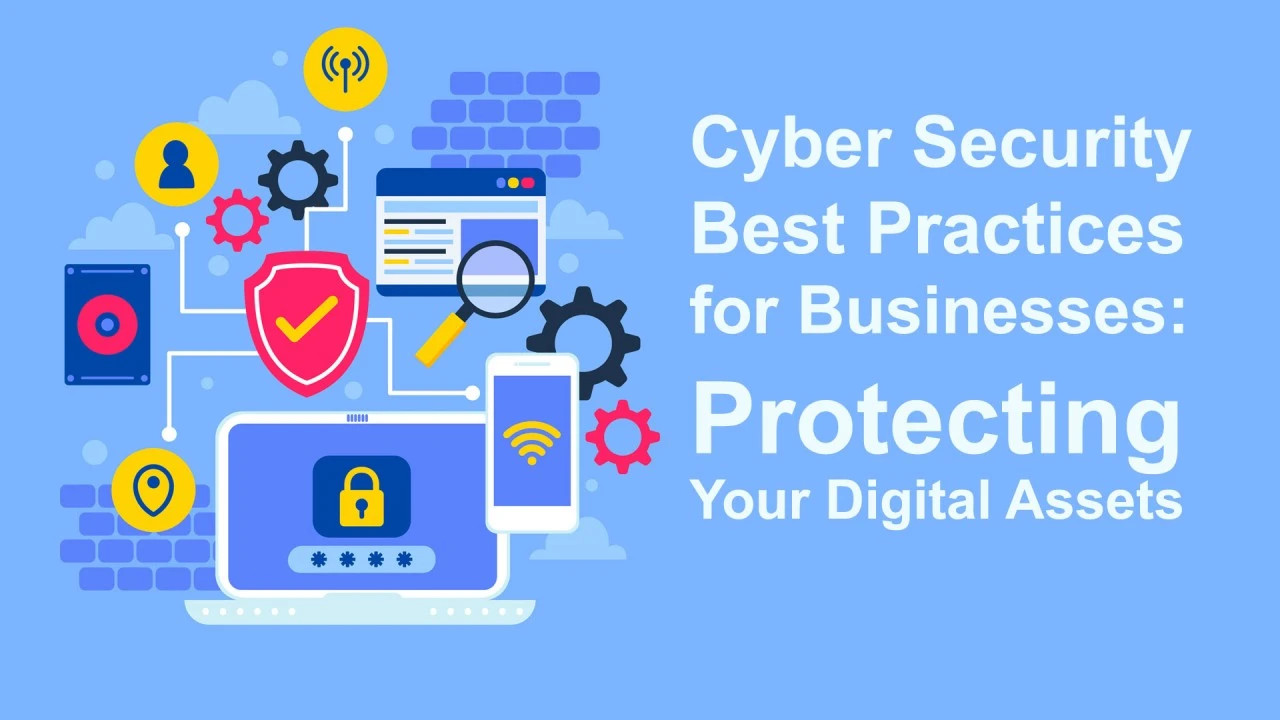Cyber Insurance: Protecting Your Digital Assets

In an increasingly digital world, cyber insurance has become a critical component in safeguarding your online presence. As cyber threats evolve and become more sophisticated, having a robust cyber insurance policy can provide essential protection for your digital assets and personal information. This article explores the significance of cyber insurance, what it covers, and how to determine if it's right for you.
1. What is Cyber Insurance?
Cyber insurance, also known as cyber liability insurance, is designed to protect businesses and individuals from the financial consequences of cyber-attacks and data breaches. It covers a range of potential issues related to cyber risks, including:
- Data Breaches: Covers costs associated with the unauthorized access, use, or disclosure of sensitive information, such as personal identification details, financial records, and trade secrets.
- Cyber Attacks: Provides protection against financial losses from attacks such as ransomware, where your data is encrypted and held hostage until a ransom is paid.
- Business Interruption: Covers lost income and expenses related to downtime caused by cyber incidents that disrupt your business operations.
- Legal Costs: Covers legal expenses resulting from lawsuits or regulatory fines due to data breaches or non-compliance with data protection regulations.
- Public Relations: Provides funds for crisis management and public relations efforts to manage the fallout from a cyber incident and restore your reputation.
2. Why is Cyber Insurance Important?
With the increasing frequency and severity of cyber-attacks, having cyber insurance is crucial for several reasons:
- Financial Protection: Cyber incidents can lead to significant financial losses, including costs for data recovery, legal fees, and compensation for affected individuals. Cyber insurance helps mitigate these financial impacts.
- Regulatory Compliance: Many jurisdictions have stringent data protection regulations. Cyber insurance can help cover the costs associated with regulatory fines and legal compliance efforts.
- Peace of Mind: Knowing that you have coverage in place can provide peace of mind, allowing you to focus on running your business or managing your personal digital life without constant worry about cyber threats.
- Incident Response: Many cyber insurance policies include access to a network of experts who can assist with incident response, including forensic analysis, legal counsel, and IT specialists to handle the aftermath of a cyber-attack.
3. How to Determine if You Need Cyber Insurance
Assessing the need for cyber insurance involves evaluating your exposure to cyber risks and understanding the potential impact on your operations or personal assets. Consider the following:
- Risk Assessment: Evaluate the types of sensitive information you handle and your vulnerability to cyber threats. Businesses dealing with large volumes of customer data or financial information are at higher risk.
- Regulatory Requirements: Determine if your industry is subject to data protection regulations that require you to have cyber insurance or demonstrate compliance with cybersecurity standards.
- Previous Incidents: Review your history of cyber incidents and breaches. If you have experienced previous issues or anticipate high risks, cyber insurance can provide valuable protection.
4. How to Choose a Cyber Insurance Policy
Selecting the right cyber insurance policy involves careful consideration of your needs and coverage options. Here are some tips for choosing a policy:
- Coverage Limits: Ensure that the policy provides adequate coverage limits for your potential risks and financial exposure.
- Policy Exclusions: Review the policy’s exclusions to understand what is not covered. Ensure that it aligns with your specific needs and risk profile.
- Provider Reputation: Choose an insurer with a strong reputation for handling cyber claims and providing comprehensive support during and after a cyber incident.
- Additional Services: Look for policies that offer additional services such as incident response support, legal counsel, and public relations assistance.
Conclusion
Cyber insurance is an essential safeguard in today’s digital age, offering protection against a range of cyber threats and financial risks. By understanding the coverage options, assessing your needs, and selecting the right policy, you can better protect your digital assets and ensure that you are prepared for any cyber challenges that may arise.